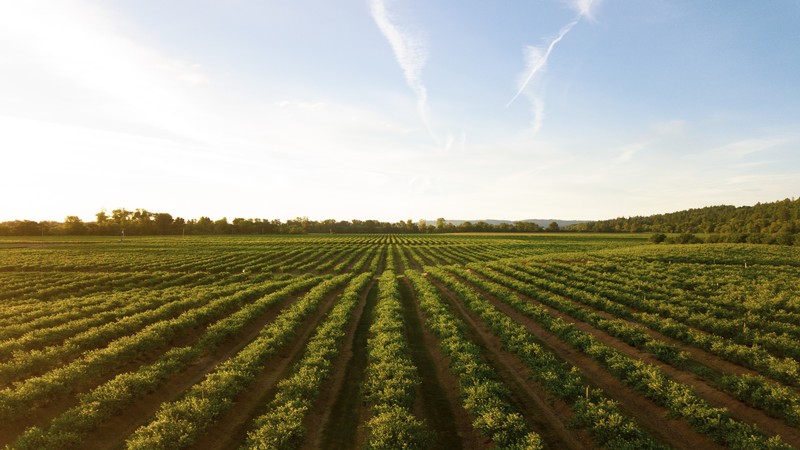Natural vs Organic vs Biodynamic Wine

There are a lot of buzzwords currently being used to describe wines that can be confusing. In fact, there's also a lot of debate between winemakers, certification bodies, and of course, among wine lovers in the market. Lots of trendy words have come to the forefront over the past ten years or so and I want to demystify those for you.
Let’s start with traditional winemaking. When we're in the old world, and in my case with Italian wines, when we talk about traditional winemakers, we're talking about winemakers, who believe very much in producing a simple and straightforward presentation of the grapes from their region.
Italian winemakers are very much focused on using autochthonous grapes which show off the biodiversity of their region and they also believe very strongly in low intervention. They don’t use additives or heavy wood treatments or anything that would mask the inherent qualities of these wines. It's important to remember that traditional winemakers are making exceptional products.
But in today's world, we use other buzzwords when describing winemaking processes that can make people feel a little overwhelmed or confused.
Let’s start with natural wine. Natural wine is a philosophy and doesn't have an official certification. There isn't a governing body that puts a stamp on the wine that says, "this is a natural wine". You need to know the winemaker; you need to know what's happening in the vineyards and in the cellar.
To break it down, natural wine would traditionally come from a small, family-owned producer. They grow their own grapes in a biodynamic or organic manner, and they hand harvest their grapes. They don’t add chemicals or additives. They don't add yeast to the fermentation process, and they don't add sulfites to stabilize the wines. So sometimes, natural wines might be a bit funky or a bit different than what you would expect. That comes from the fact that winemakers don't add anything to the process. You're literally getting fermented grape juice. And as I said, many traditional Italian winemakers make their wines that way anyway. So that's why there's debate about the classification, natural wine.
When we talk about organic wines, there are two things you need to know. First organic agriculture is a certifiable process, and many producers will certify their vineyards organic, meaning they're not using herbicides, pesticides, or anything in the actual vineyard. But to be an organic wine, they also must minimize or completely exclude the use of any chemicals in the cellar as well, so during the vinification process. An organic wine would be made with organic or biodynamic fruit and in the cellar, there’s no intervention from chemicals.
Biodynamics, on the other hand, is something that takes place in the vineyard itself. It has to do with the lunar calendar and basically, it's a process of knowing what days are the best days, or the appropriate days, to prune, to water, to harvest. Even to taste the wine! So, there are different days, based on the lunar calendar, that winemakers will adhere to for their agricultural and winemaking processes.
Some producers will certify their wines as a vegan. I've often heard the question, "What is a vegan wine?” and “I didn't know there were any animal products used in winemaking." Well, egg whites are used in the filtering process and often pig intestine is used to train the vines. A certified vegan wine would not employ any of those techniques.
Integrated and sustainable farming are two more buzzwords you may have heard, and these have mostly to do with the environment. These are procedures used throughout the whole winemaking process that is good for the environment. And again, most traditional winemakers in Italy already employ these processes.
It’s important to understand these buzzwords so you know what you're getting when you're buying wine.
It's also important to recognize that many winemakers will not seek certification for these winemaking practices because it requires additional funds. A lot of money is needed to apply for these certifications. So, some traditional winemakers don't even bother because they believe so strongly in their product. But those who do get their wine certified organic, biodynamic, vegan, and hopefully one day, natural, will charge a little more for their wine. We can expect to pay more for their wine because all these procedures, processes, and certifications cost money.
At the end of the day, I recommend relying on a trusted sommelier, importer, or wine buyer to help you understand what's really going on with the wineries.
Here at DOCG Imports were always happy to answer your questions. Please feel free to reach out, send us a direct message, give us a call, or send us an e-mail. Cheers!

